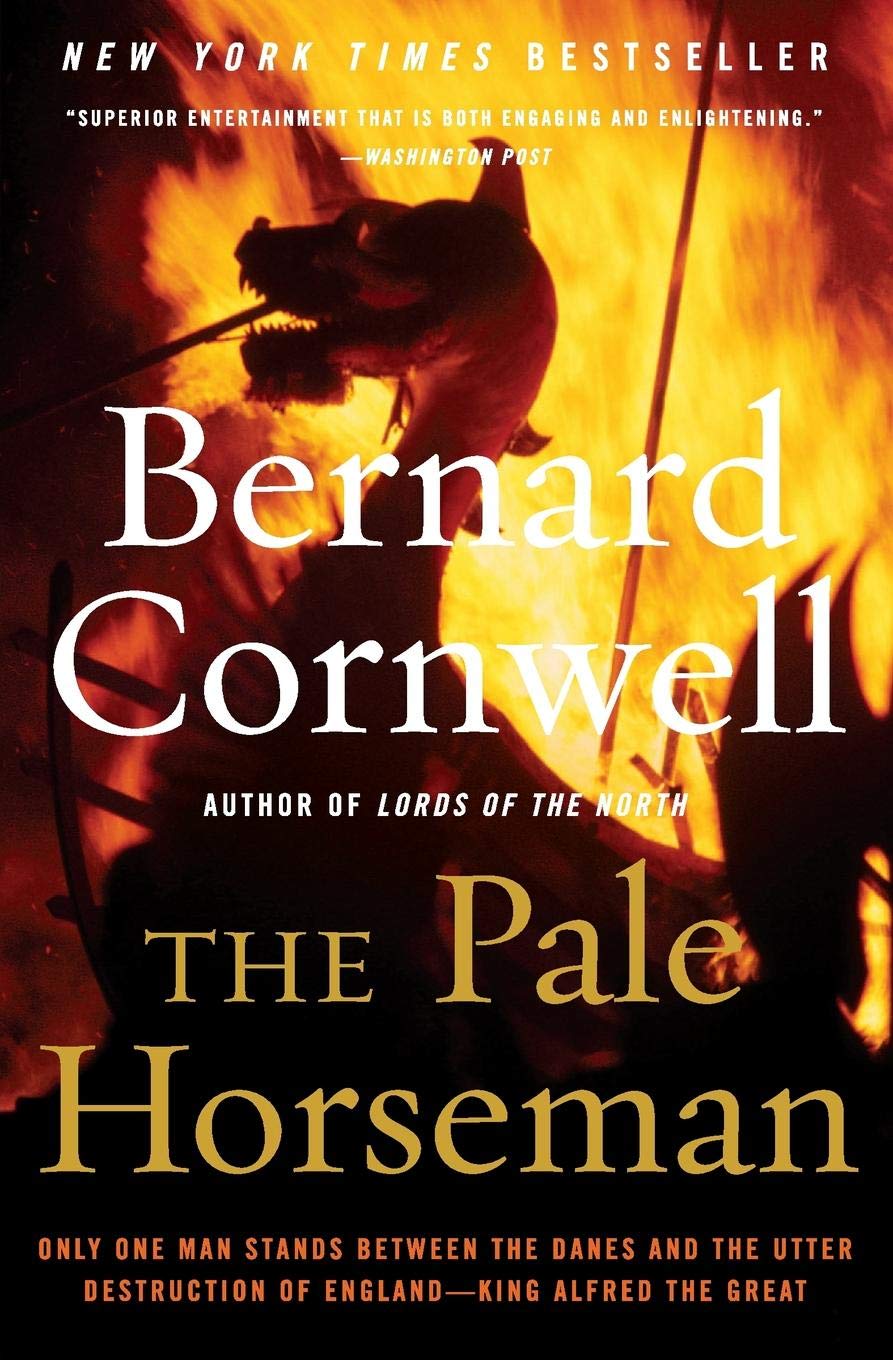
Odda’s weaving of events to paint himself in a perfect light, the fact he glosses over Uhtred’s importance completely, and that none of Odda’s followers are willing to contradict him even though they know the truth of the matter, really pisses Uhtred off. Uhtred’s longtime friend Father Beocca was not even aware that Uhtred had escaped from being a hostage of Guthrum. When Uhtred returns to Winchester he is shocked to see that there has been no mention of his extremely influential input to the events of the battle. In Uhtred’s absence, the slimy lord Odda the Younger claims to have led the Saxons to their victory and to have bested Ubba himself. I had fathered a child, fought in the shield wall, and was loath to take advice from anyone.”įollowing The Last Kingdom’s climactic battle with the Danes at Cynuit, Uhtred wishes to return to his family and his estate instead of returning to King Alfred with Ubba’s war axe and banner to claim the victory and the spoils that come with it. “When I was twenty I considered myself a full-grown man. He’s half Saxon and half Danish, however, his loyalties lie with the Saxon’s here, although he is extremely fond of his brother and friend, the Danish Earl Ragnar, and I loved the page time that they shared together.

He’s a complex lead character that I can’t get enough of following.

Uhtred has a reputation now, but it is not always glowing as he is as misunderstood as he is feared. Uhtred believes life revolves around fighting, women, ale, and creating a reputation. He’s fought in a shield wall, killed Ubba in one on one combat, and has sworn an oath to the Saxon king Alfred.

Set between 876 – 878 AD, Uhtred is now in his early 20’s, having proven himself as a man and a warrior. The Pale Horseman is the excellent continuation of Uhtred of Bebbanburg’s story.


 0 kommentar(er)
0 kommentar(er)
